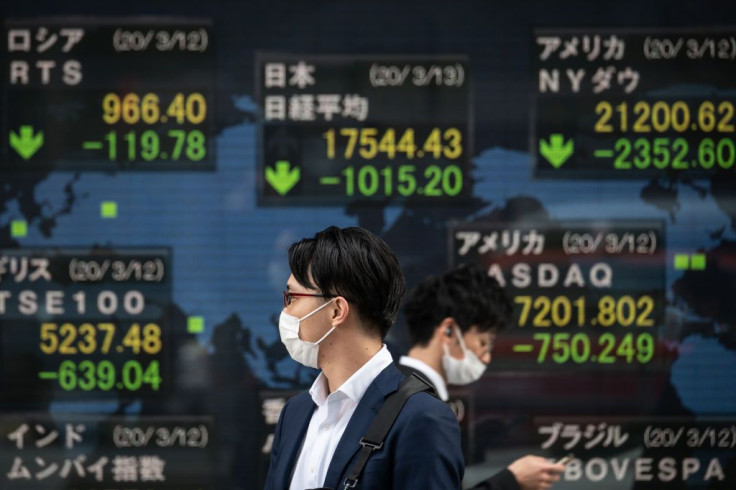
A bill passed by the U.S. Senate on May 20 may force publicly traded Chinese companies from U.S. stock exchanges, but that’s not all it would do. Policy watchers and investors are afraid that it will result in American investors and businesses losing easy access to shares in companies in the world’s second-largest economy as China may move its companies to other countries.
As per the bill, the Holding Foreign Companies Accountable Act, when enforced would allow the U.S. security regulators to order foreign companies to submit audits for inspection and Beijing has refused audit inspections of their companies, based in the U.S. for a very long time. Under the bill, the companies which would fail to provide information for three years in a row will be facing trading bans of their shares.
The bill, already been passed by the U.S. Senate, is currently awaiting a majority of votes in its favor in the House Of Representatives and if it is passed, making it a law, Chinese companies will have to adhere to the rules under it or risk getting delisted.
While this means that US$1.3 trillion of U.S.-listed Chinese firms like Alibaba Group will no longer be able to do business in the world’s largest capital markets. But policy watchers and investors are afraid that while the law won’t bode well for Chinese companies, domestic businesses and investment funds would also suffer if Chinese companies refuse to accept the law and leave the U.S.
“While it is going to hurt China, is it going to hurt it enough for the government to agree to the changes? That is unclear,” said Anna Ashton, senior director of government affairs at the US-China Business Council. It is yet “another instance among many [that] our approach against China wasn’t completely thought through.”
Thus Chinese companies leaving the U.S would leave domestic fund managers and shareholders to suffer diminishing trading volume that would in turn negatively affect the value of their stock.
“In the current market, with tech outperforming, it’s almost impossible for fund managers to match or outperform the MSCI China [Index] if they do not own companies like Alibaba, and to a lesser extent Baidu, NetEase and JD,” said Rory Green, China Economist at TS Lombard, a New York-based research firm.
© 2025 Latin Times. All rights reserved. Do not reproduce without permission.



